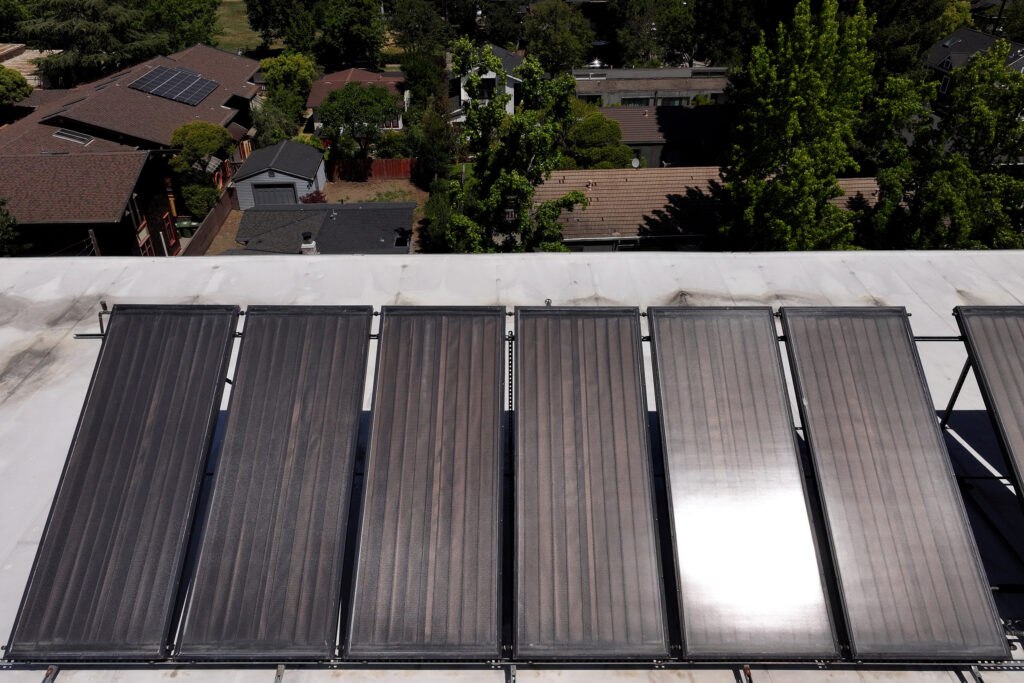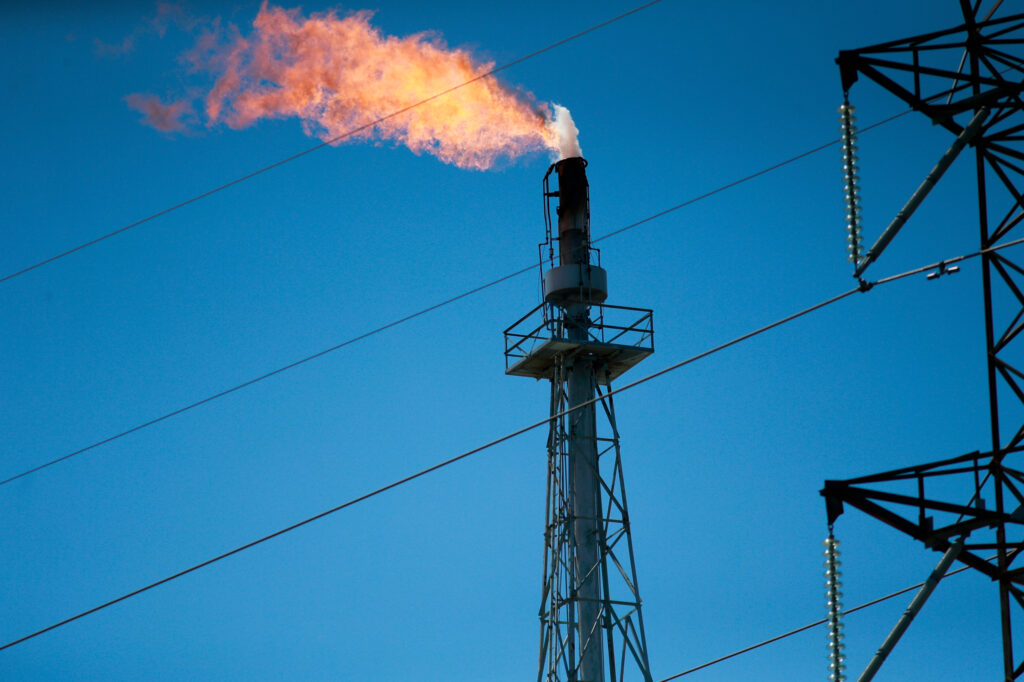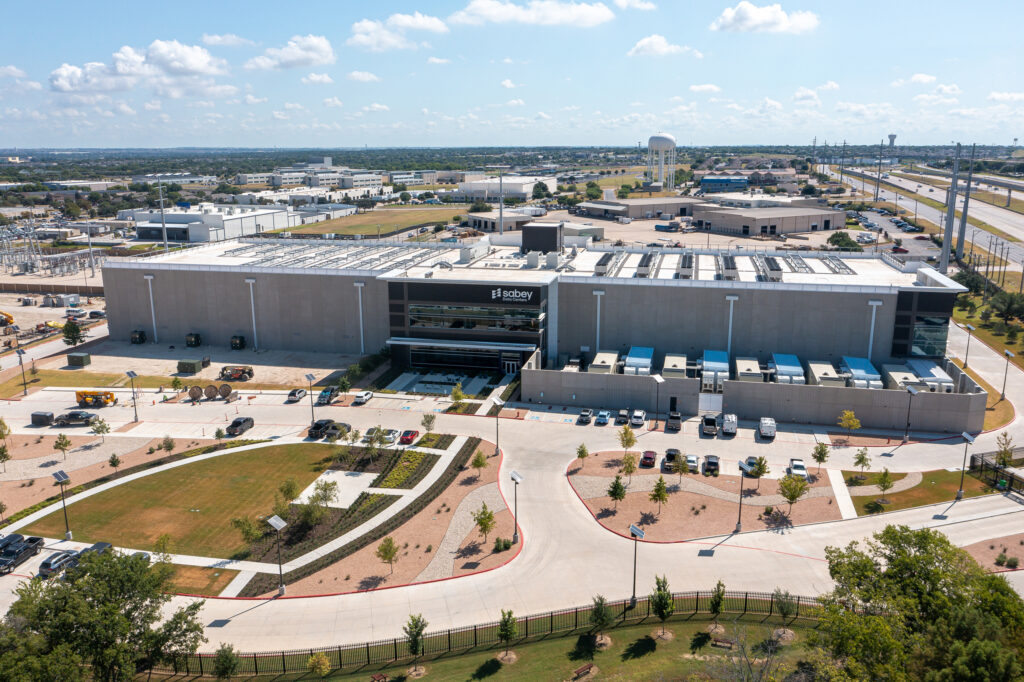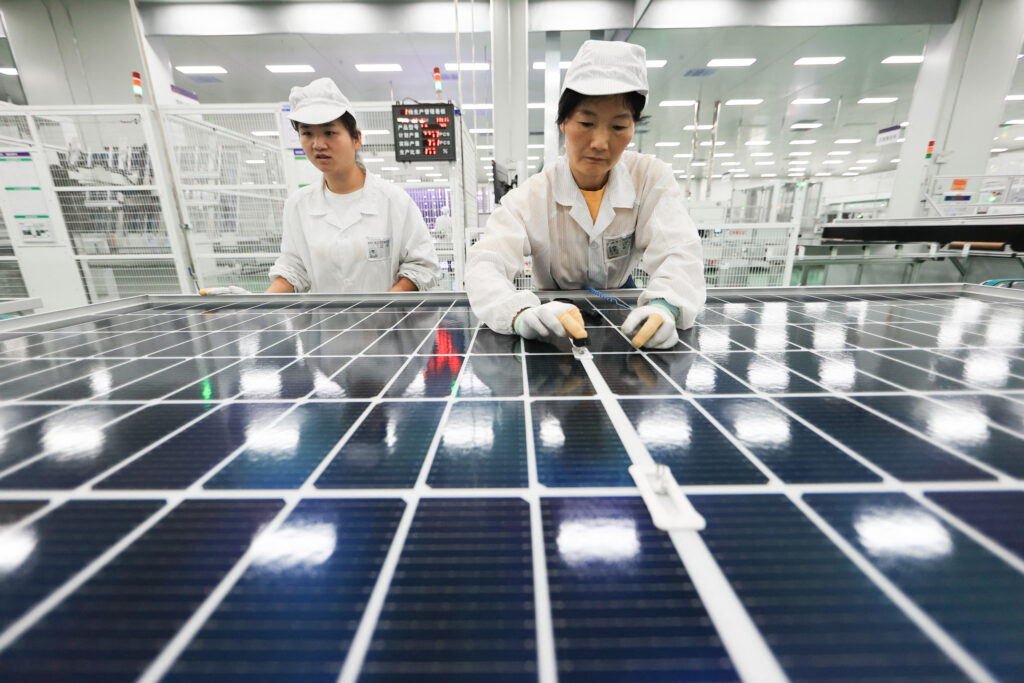7.8GW of clean energy projects, more than double the output of Hinkley Point C nuclear power station, have had their connection offer dates brought forward by up to 10 years, National Grid announced on 30 April. The timeline is being expedited via the Technical Limits programme, a cross-industry collaboration in the electricity grid infrastructure space, which is allowing projects to connect to lower voltage distribution networks prior to reinforcement of the high voltage transmission network.
Networks have so far sent offers to 203 projects totalling 7.8GW with an average connection acceleration of 6.5 years. In total 393 projects are eligible for the programme with the further 190 projects able to receive accelerated offers once they have progressed through the connection offer process. Last month a solar farm near Bridgwater in Somerset became the first project to be energised under this scheme. Horsey Levels solar farm, which will provide clean energy for 10,000 homes annually, connected to National Grid’s electricity distribution network significantly ahead of its original planned connection date. This initial acceleration has been delivered in the first phase of the Technical Limits programme, with further phases and analysis planned.
Technical Limits, a collaborative project from National Grid Electricity Transmission, Energy Networks Association, the Electricity System Operator and the Distribution Network Operators (DNOs) forms part of the ongoing collaborative industry efforts, together with Ofgem and government, to speed up and reform connections to the grid. Scottish Transmission and Distribution network owners have been involved in developing the Technical Limits programme and are in the process of rolling out the programme in their license areas also.
Welcoming the announcement Minister of State for Energy Security and Net Zero Justin Tomlinson said: “Thanks to a team effort, over 200 clean energy projects will be connected to our grid earlier. It means thousands of homes and businesses will be powered by more renewable energy generated in Britain.
“We are delivering the biggest reforms to the network since the 1950s – allowing us to hook more renewables up to the grid so households and businesses can benefit from cleaner, cheaper electricity.”
To deliver the accelerated offers, engineers from National Grid and DNOs carried out detailed analysis of power flows across the boundaries between the transmission and distribution networks. By agreeing new power flow limits, DNOs have been able to offer selected projects an accelerated connection date before transmission network reinforcements are complete, on the agreement that the DNO can limit flows from the project under certain operating conditions. The 203 connection offers that have been issued in the first phase have an average export curtailment of 22% per year, with the expectation that in the long term these interim arrangements will be replaced as network capacity increases.
Alice Delahunty, President of National Grid Electricity Transmission added: “Connecting projects to our transmission network, and unlocking capacity at lower voltage distribution networks, is a massive priority for us.
“The Technical Limits programme is a fantastic example of cross-industry collaboration. This team effort has delivered an innovative solution to connect schemes more quickly. We’re pleased to see the first project connect earlier than expected and look forward to many more.
“It forms part of a wider range of measures to help connect projects faster, including upgrading the grid – the biggest upgrade in a generation – and working collaboratively with industry, government and the regulator on reforms to the connections process.”
Jack Presley Abbott, Ofgem Deputy Director for Strategic Planning and Connections, said: “We’re now beginning to see the benefits of connections reform initiatives and we welcome the accelerated grid connections that the Technical Limits project is starting to deliver.
“However, there is still much more to do. Many projects are still facing years of delay to connect to the grid. That’s why we’re continuing to work closely with the ESO, network operators, industry and government to ensure the range of reforms set out in the Connections Action Plan are driven through as quickly and effectively as possible to expedite the process for projects that are ready to connect to the grid.
“We look forward to seeing what further benefits are delivered through Technical Limits in later phases and across all of the Transmission Operators.”
Lawrence Slade, CEO, Energy Networks Association said: “Today’s announcement shows the hard work, coordinated effort and spirit of innovation network operators and our partners are employing to increase the pace of connections being offered to customers.
“We are already connecting projects at a faster rate than ever before, but we need strategic changes, particularly in planning processes, if we are to go even faster in meeting the huge demand for new connections.”
David Wildash, Head of Connections at the Electricity System Operator said: “We are pleased to have been a part of this collaborative effort to deliver accelerated connection dates for hundreds of projects – delivering on a key aspect of our five-point plan for connections reform.
“We know there is still lots more we all need to do to deliver even more clean, secure power to homes and businesses across Great Britain. This kind of innovative work to unblock capacity in the short term must take place in tandem with long-term connections reform – as set out in our recently announced ‘First Ready, First Connected’ proposals. These would see significant action across the whole of the current queue, potentially halve its size and enable viable projects to connect to the grid quicker.”

















